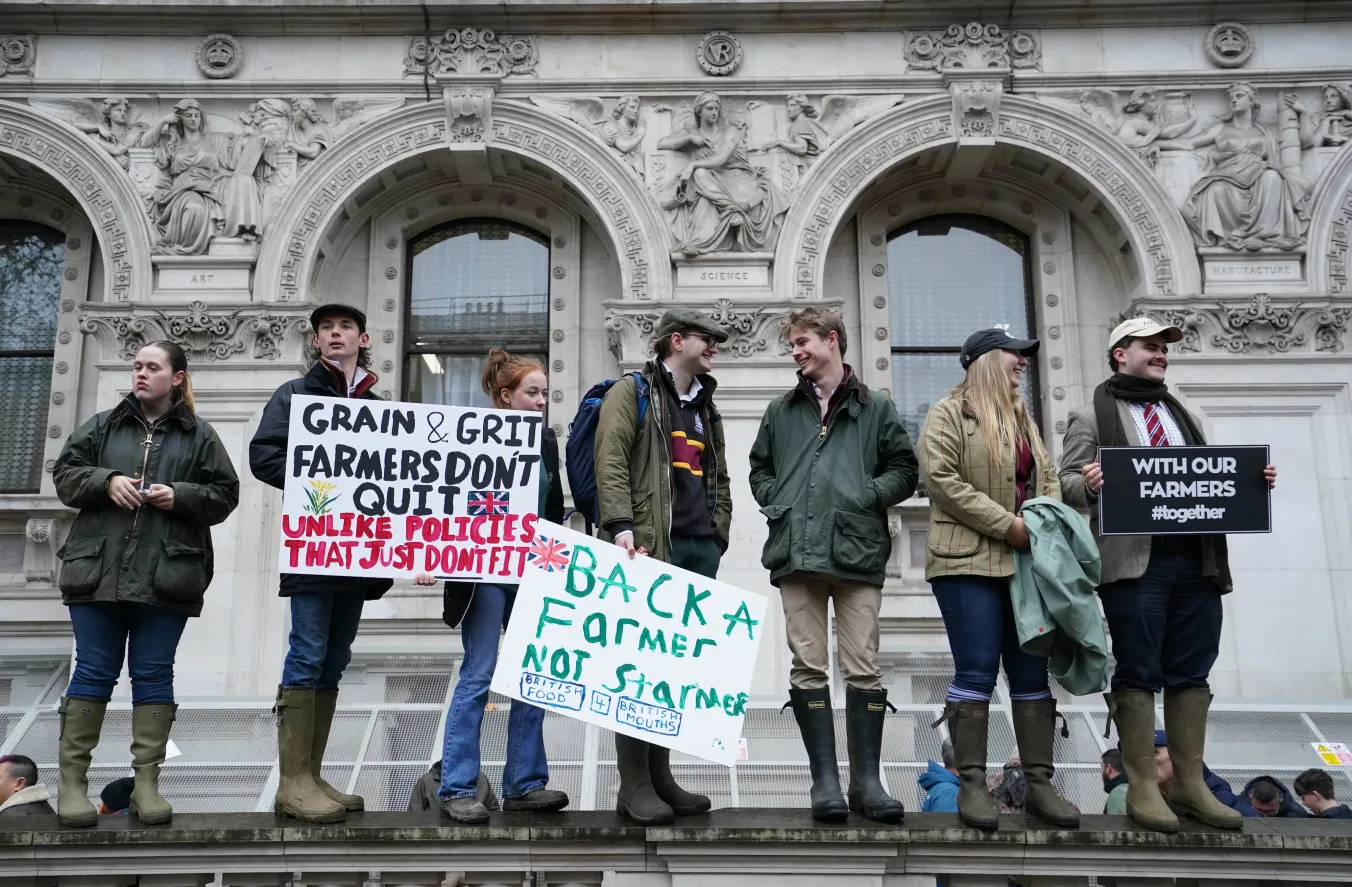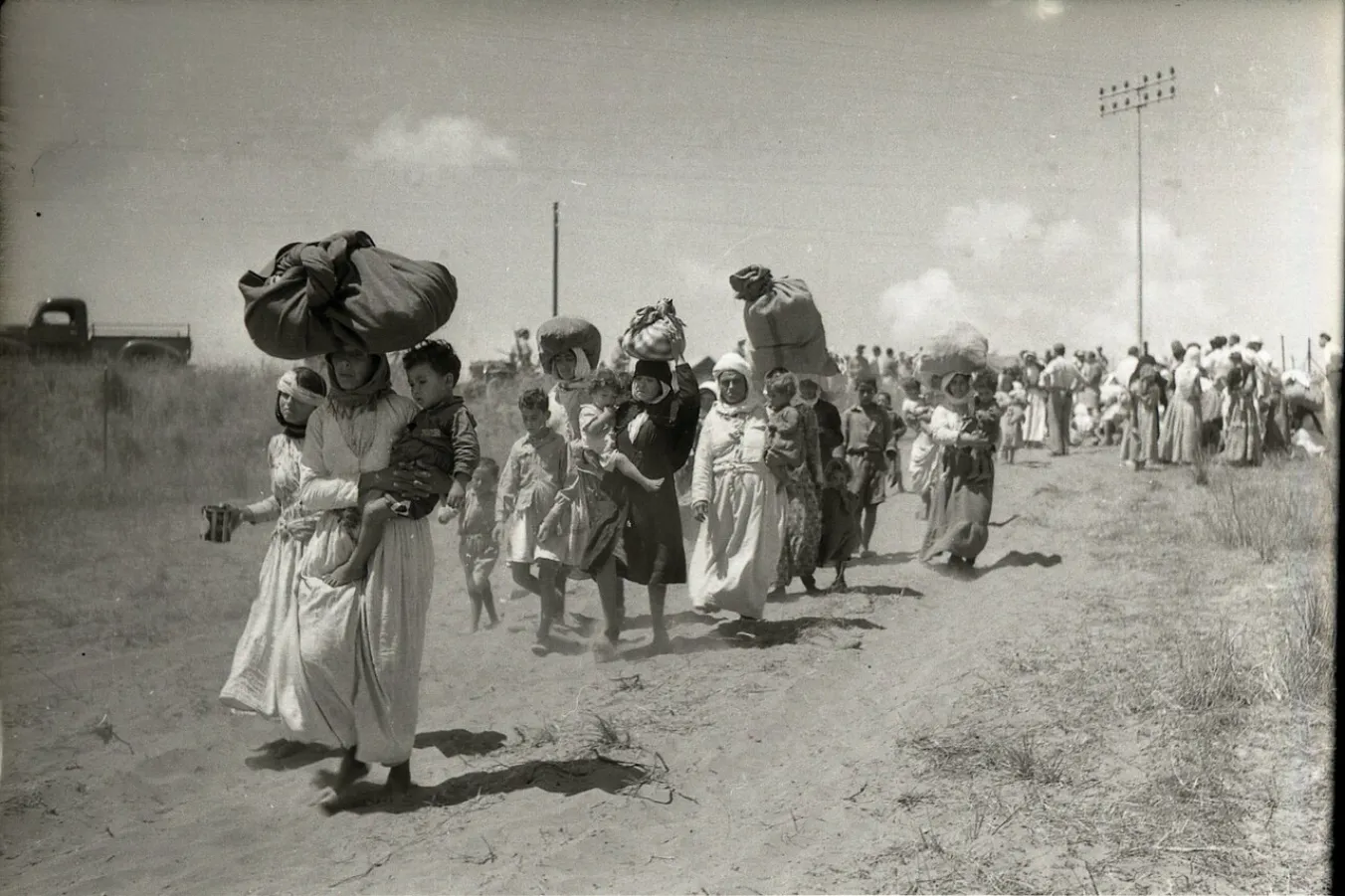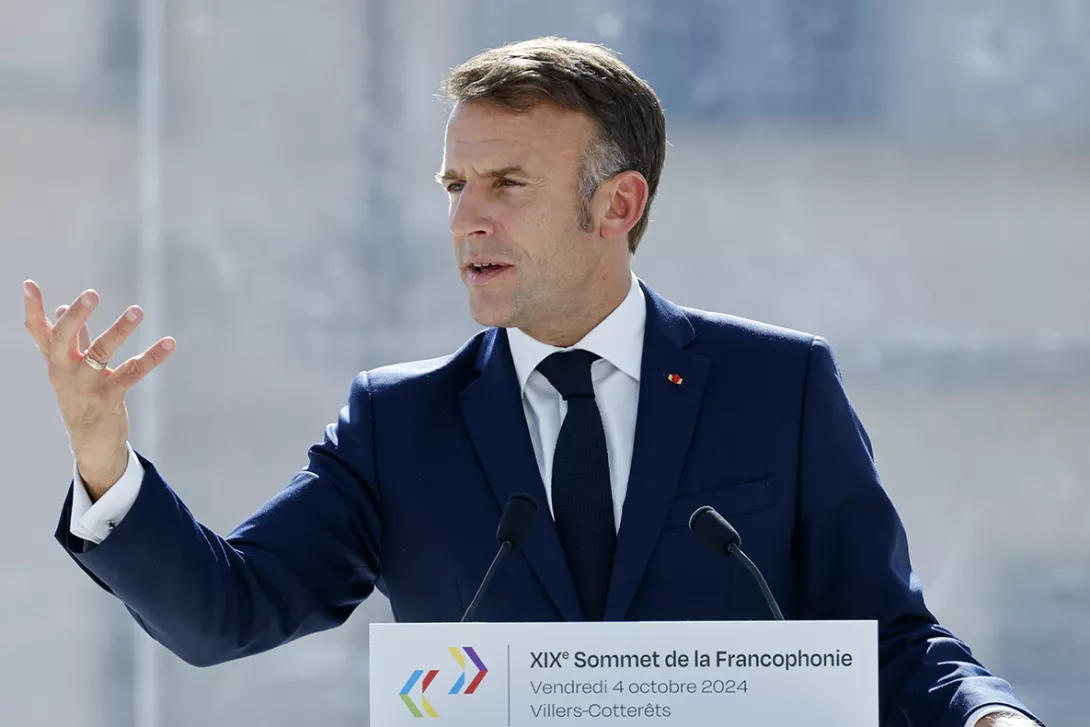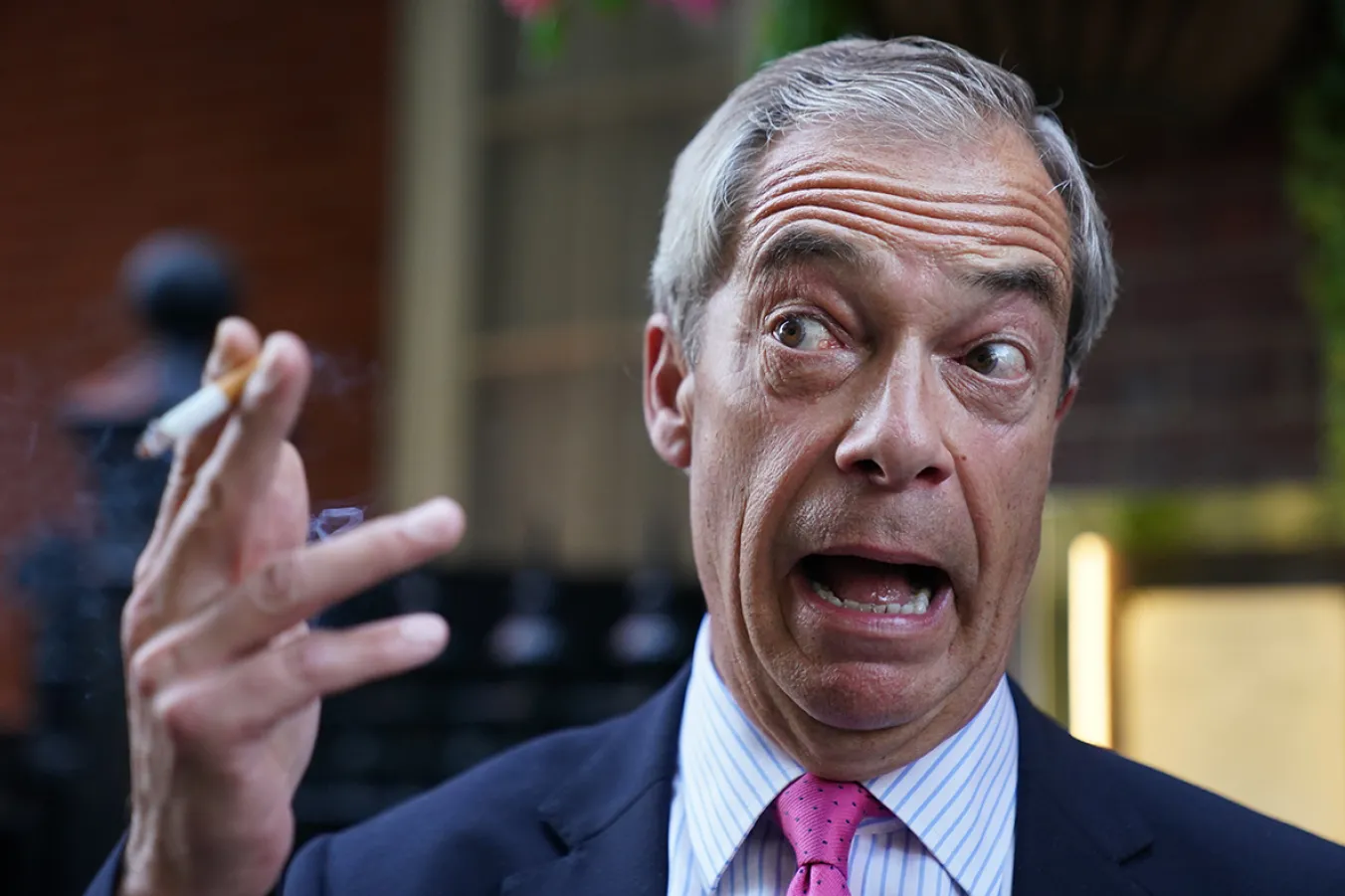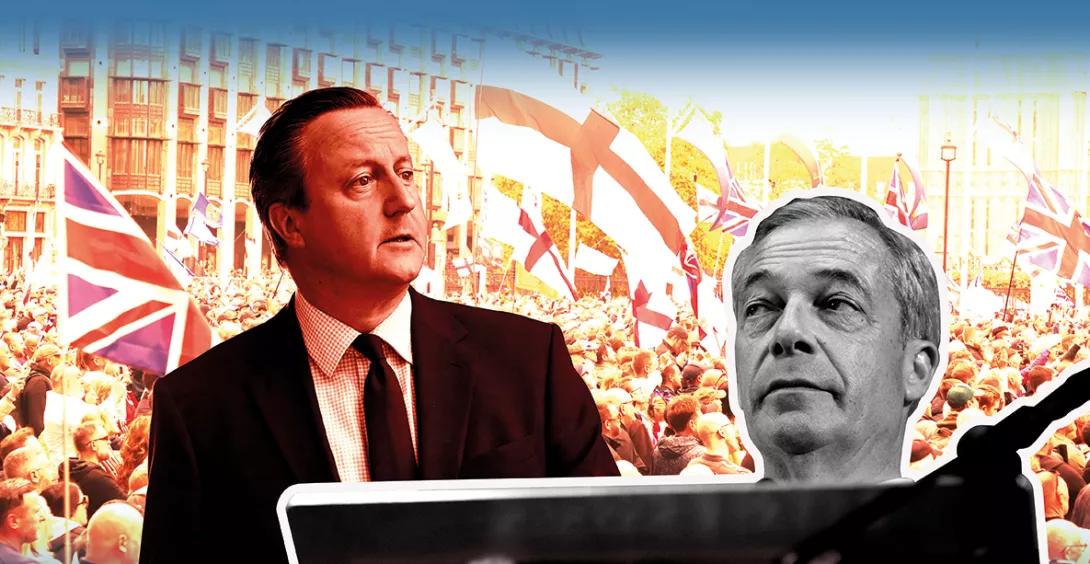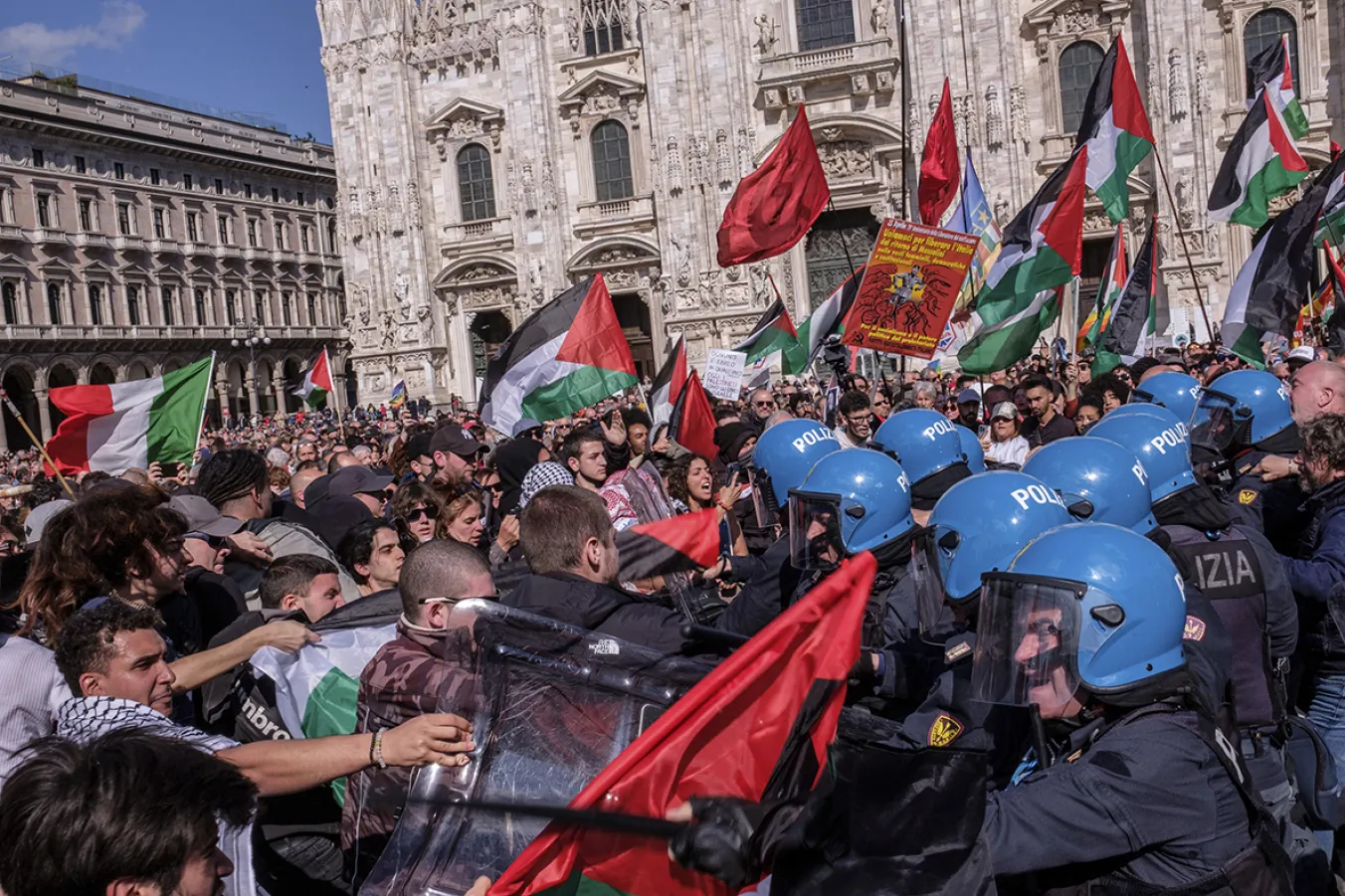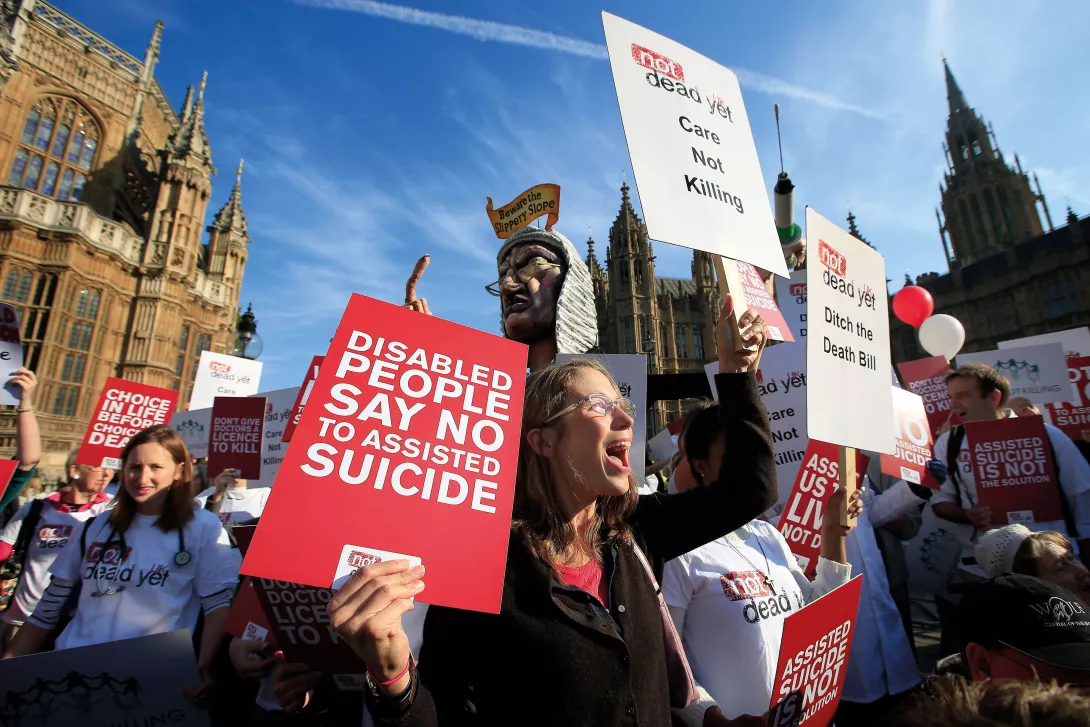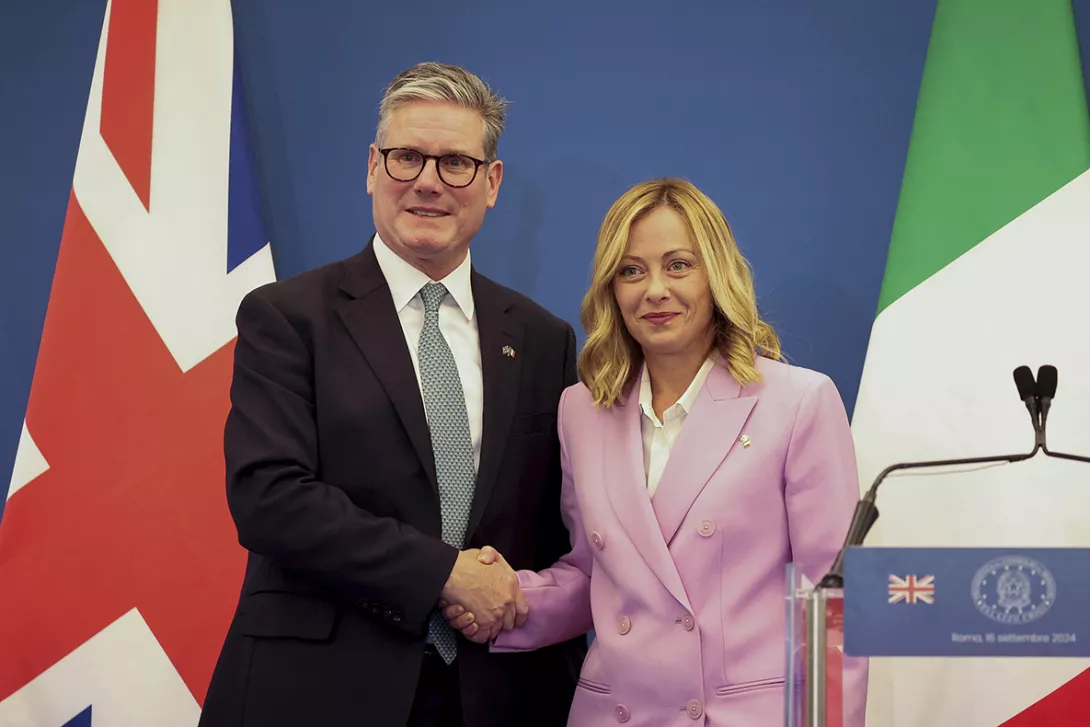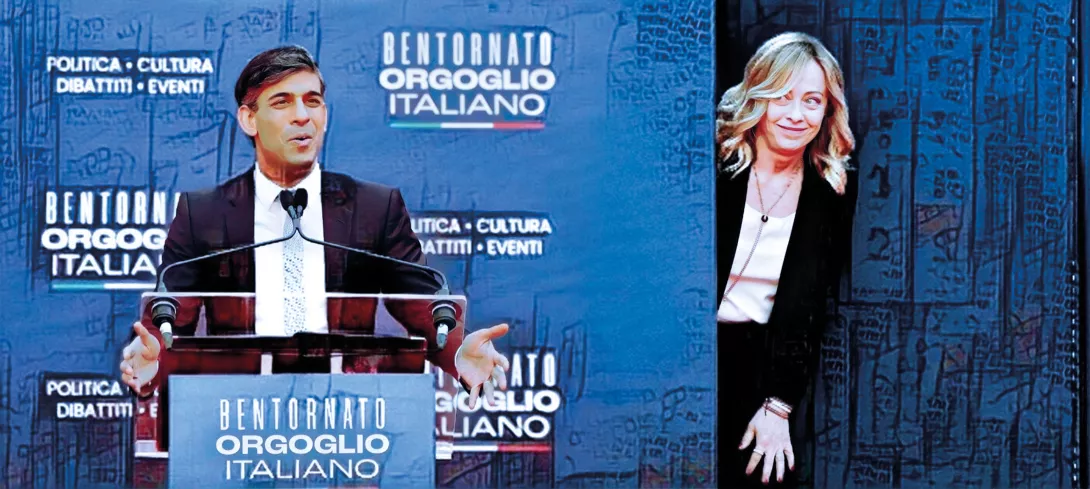
A NEW deification of Margaret Thatcher is well under way.
Following on from Keir Starmer’s adoration of the woman who he claims renewed Britain’s entrepreneurial spirit, Prime Minister Rishi Sunak has now compared Italy’s “post-fascist” Prime Minister Giorgia Meloni to the Iron Lady.
Sunak chose the annual Atreju festival of Azioni Giovani, the youth organisation of Meloni’s governing Fratelli d’Italia party to laud Thatcher’s “radicalism on illegal immigration.”
It is often difficult to discern the core beliefs of the very rich when they take to electoral politics, if only because they have much to lose if the layers of mystification which obscure the connections between wealth and power — necessary adjuncts to bourgeois rule — are revealed.
So quite how the child of immigrants from the British empire ends up lauding the political heir of Italy’s fascist dictator, in the company of Elon Musk and the leader of Spain’s far-right Franco-loving Vox party, is a mystery that can only be explained by reference to the Tory Party’s existential crisis.
Immigration is an issue in which the usually hidden tensions within our ruling class take some time to emerge.
It is in this category that we can record the dismay of the Confederation of British Industry at the direction of government policy-making.
Despite his high point of popularity as the dispenser of Covid furlough funding, Sunak is less worried about dovetailing pre-election economic and immigration policies with the demands of British industry — as expressed by the CBI — and more concerned about maximising the Tory vote.
The CBI’s now disgraced boss Tony Danker said that Britain should enable “economic migration” in areas where skilled workers cannot be found and told ministers to be honest with people about Britain’s “vast” labour shortages, arguing that “we don’t have the people we need, nor do we have the productivity.”
Thus, on reflection, Sunak might find it an unwise choice to be so open about the direction his thinking is taking: “Giorgia and I became prime ministers of our countries at pretty much the same time and we are pretty much the only centre-right leaders in the G7, so we have been drawn to each other.
“We have built a strong friendship but also a strong relationship over shared interests and, most importantly, shared values.”
Sunak is trapped in a dilemma of his own making, having made the hopeless pledge, as part of the first of his constant rebrands, to “stop the boats.”
Both prime ministers have made immigration the defining issue of their politics. Sunak tries to integrate the issue into his renewed cold war politics, arguing that hostile states are using migration flows to destabilise the West by “deliberately driving people to our shores to try to destabilise our societies.”
He told his audience: “If we do not tackle this problem, the numbers will only grow. It will overwhelm our countries.”
This carries echoes of the far-right Great Replacement Theory which holds that the “white nations” are threatened — through mass immigration, demographic growth and declining birth rates among the indigenous — with being overwhelmed.
Thatcher was an early pioneer of this concept, with her infamous formulation: “…people are really rather afraid that this country might be rather swamped by people with a different culture and, you know, the British character has done so much for democracy, for law and done so much throughout the world that if there is any fear that it might be swamped people are going to react and be rather hostile to those coming in.”
At the extreme, this theory overlays traditional anti-semitic ideas common on the right and roots modern immigration flows in a conspiracy. Meloni, in a nod to the demagogically fascist roots of her party, treads carefully but frequently, around the issue talking of “a plan for ethnic substitution,” of European peoples as being the instrument of a cosmopolitan “big capital.”
In a recent visit to Britain, Meloni revealed herself a rare supporter of Sunak’s Rwanda policy — itself an emanation of the core idea that refugees and migrants constitute a threat — and just last month Meloni’s brother-in-law, the Fratelli d’Italia Agriculture Minister Francesco Lollobrigida linked the threat of “ethnic replacement” with Italy’s low birthrate.
The government’s Rwanda policy — which at its most ambitious posits a reciprocal arrangement for the exchange of a few scores of people annually — is not a solution to the problem of vast numbers of incomers if indeed this is a problem.
It is a cypher, a token, a signifier that stands in place of fears that imperial Britain’s existence as the destination of choice for people displaced by war and climate change is a rough kind of justice.
In terms of electoral politics and the immigration issue, Sunak has two factors to contend with. Firstly, in the face of the vast unpopularity of the Tories, he has to find hot-button issues which can galvanise the enthusiasm of that part of the electorate that is traditionally Tory-inclined in a context where economic recovery is unlikely before opinion hardens prior to an election.
This inevitably means a recourse to a revived salience of the migration issue where, he knows, the monopoly media, somewhat detached from core ruling-class thinking, can be relied upon.
Secondly, he has to face the uncomfortable fact that the significance of this issue for many voters has declined — except for people thinking of abandoning the Tories by switching to Reform UK.
Although immigration has been ramped up a bit over the recent period (41 per cent list it as important) it remains of less importance to most people than the economy and in as far as it is connected to membership of the EU it has declined into irrelevance.
Only 3 per cent think Britain leaving the EU is the most important issue, and only slightly more than one in eight think it an important issue at all.
For 2019 Tory voters, immigration is important. Two-thirds (66 per cent) mark it as one of their top issues, with 38 per cent having it as the most important.
But among 2019 Labour voters only 4 per cent regard it to be the single most important issue facing the nation.
In summary, by making the issue a core element in his pitch, Sunak is driving previous Tory voters to consider whether his party or Reform UK best express their views, while it has very limited appeal to voters who support other parties.
In choosing the annual festa of Azioni Giovani as his stage, Sunak is on dangerous ground. Azioni Giovani traces its origins back to the time when Franco Fini, leader of the Alleanza Nazionale — the successor to Italy’s fascist party — made the young neofascist Giorgia Meloni co-ordinator of this new initiative to rally the youth fronts of Italy’s various right-wing formations.
Fast forward to 2023 and Meloni is prime minister in an administration formed after her “post-fascist” Brothers of Italy party cannibalised the votes of both the post-Berlusconi Forza Italia and Matteo Salvini’s Lega to form a government with these two losers as junior partners.
How this was enabled by Italy’s so-called “centre left” through its willing embrace of capitalist orthodoxy and EU-induced austerity is another story.
Sunak said: “Thatcher understood that ideas are only important if they can be implemented.”
We can speculate on how this might be received by his chosen audience. The bourgeois liberal Italian daily La Repubblica headlined its reporting: “Between posters and logos the reference to fascism is continuous.”
It went on to argue that “the imagery of the youth movements of Alleanza Nazionale and that of Brothers of Italy are full of references to the ‘Twenty Years’ [of Mussolini’s rule]. If Meloni really wanted to transform the party into a modern and moderate right, simply removing the tricolour flame would not be enough.”
The red, white and green flame of the tricolore is the centrepiece symbol of post-war Italian fascism.
In his response to Meloni, Sunak said of Thatcher: “She never backed down, even when the fight was hard, and today we have to apply Thatcher’s radicalism to illegal immigration.”
But in present-day Britain the issue is not the relative handful of desperate people who take to rubber dinghies — even if these grab the headlines — but the many thousands of entirely legal migrant workers drawn here by British capital’s failure to fix the domestic labour market, train enough skilled workers and pay enough to shape an efficient market allocation of labour.
While there is a rich source of profit to be found in the enlargement of Britain’s low-paid workforce by migrant workers, the real need is for an economy based on high levels of capital investment in technological innovation, manufacturing, infrastructure and skills training and education that mobilises the untapped potential of the millions who already live here.
Not much of this is remotely conceivable without a socialist transformation of Britain’s economy. In a situation where the necessity for this is not matched by the immediate accumulation of forces that might make it possible — and the traditional party of capital is incapable of ensuring a measure of capitalist continuity — our ruling class appears to conclude that it will be best assured by putting Keir Starmer into No 10.
That he and the Labour leadership work energetically to assure the ruling class that this is indeed the case is the measure of the problem facing the working-class life as a whole.
Nick Wright blogs at 21centurymanifesto.wordpress.com.
